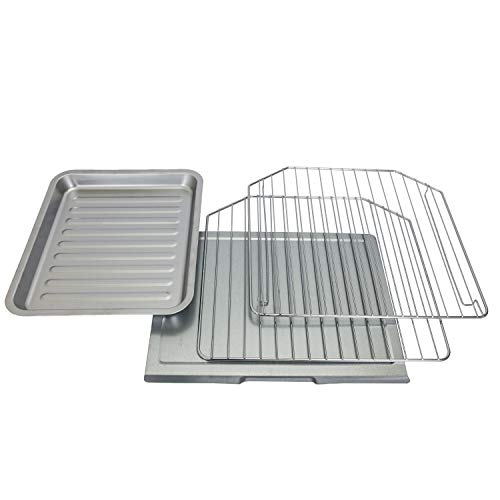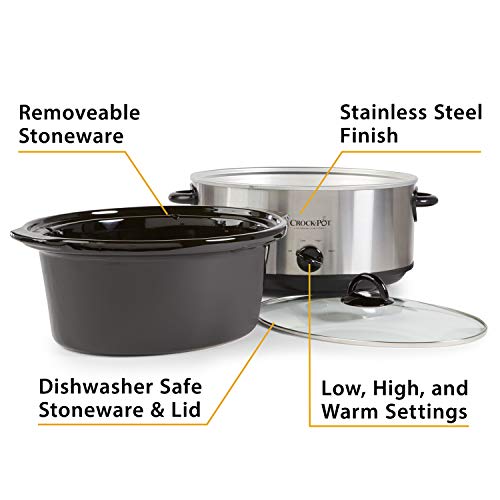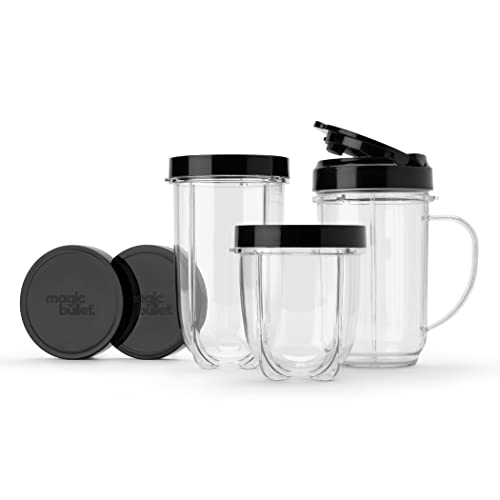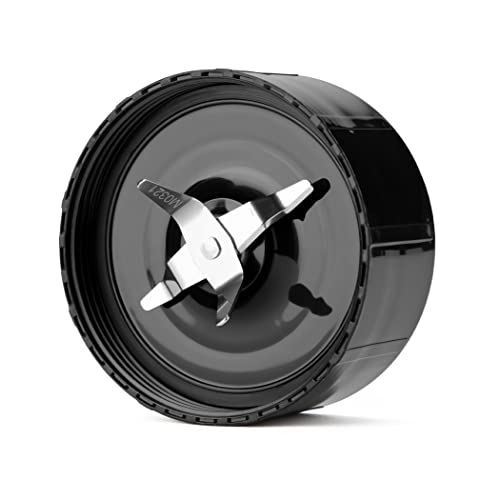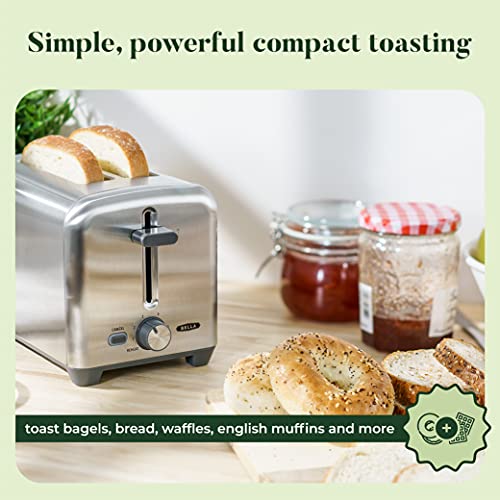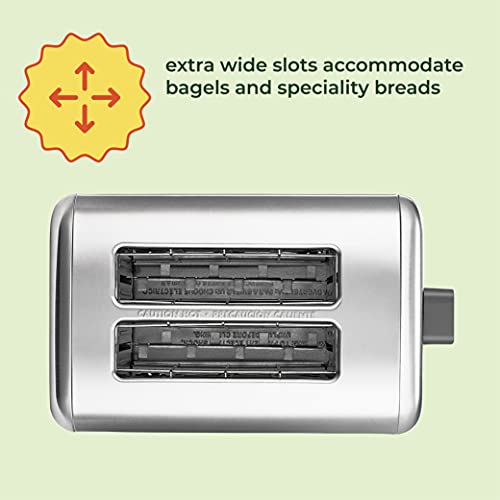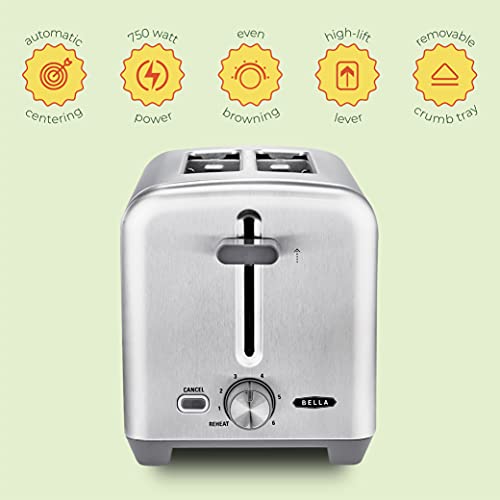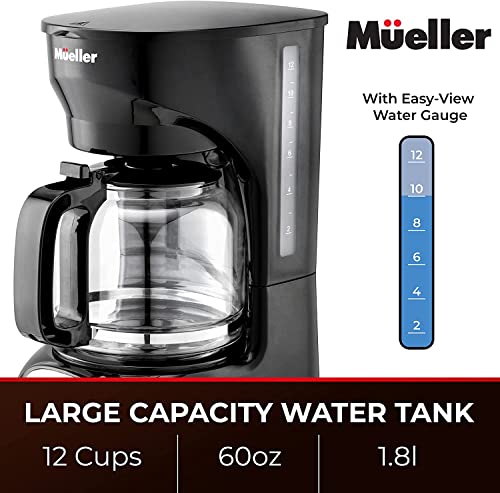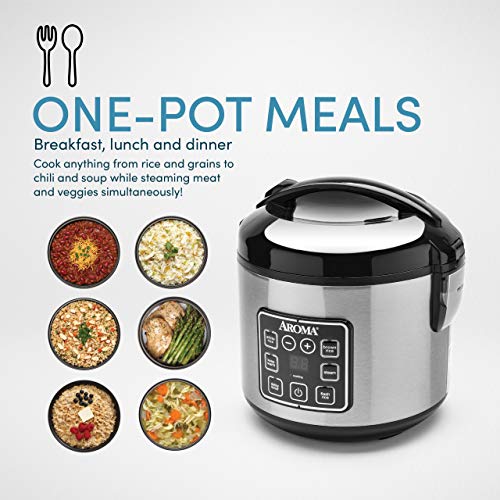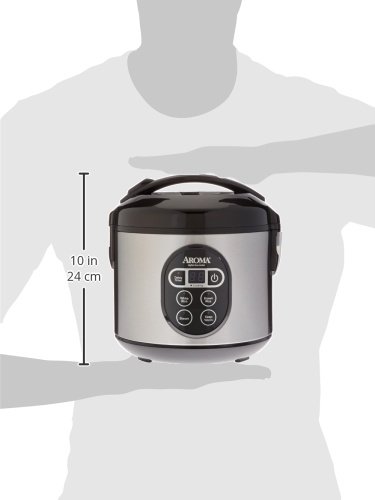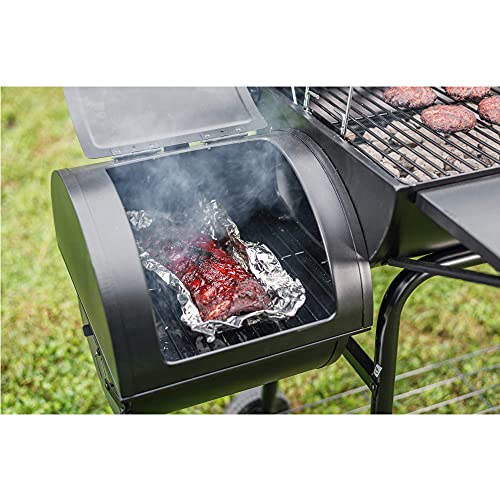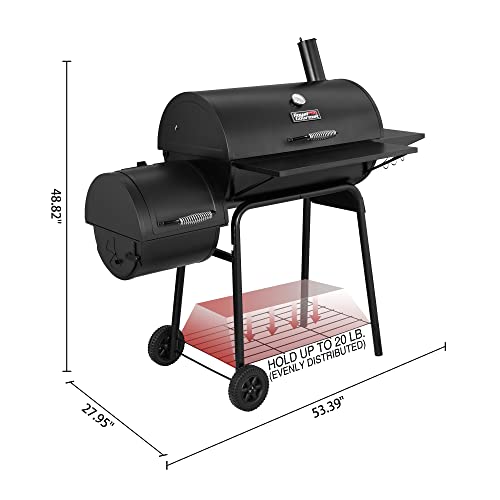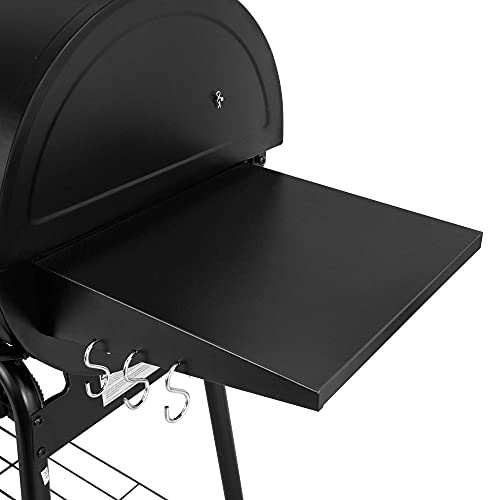Replace It Or Repair It – The Kitchen Appliances Dilemma
[Updated 1 December 2024]Why do kitchen gadgets and white goods always go wrong at the least convenient moment? That’s the life I guess and we deal with it. But the reality is it’s what you do about it going forward. The problem is always should you replace or repair broken kitchen appliances and white goods.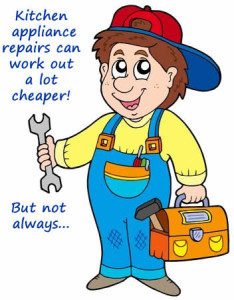 No, I’m not talking about your twelve-year-old microwave which came as a free gift with the home contents insurance in your last house. It’s more figuring out what to do when the hugely expensive vacuum cleaner or top of the range home wine chiller stops working. There is often a good case for repairing it.
No, I’m not talking about your twelve-year-old microwave which came as a free gift with the home contents insurance in your last house. It’s more figuring out what to do when the hugely expensive vacuum cleaner or top of the range home wine chiller stops working. There is often a good case for repairing it.
As you’ve probably gathered we’re on the horns of this dilemma ourselves right now and have been for a few years. Wedding gifts and first home white goods which have lasted well beyond their life expectancy have finally given it up and in the last three years. Just about everything from that era has been replaced.
The longest-lasting by far (with the exception of the lawnmower) was the juicer. It is twenty years, has done awesome service to a busy family. But it didn’t get to twenty years without some TLC and spare parts.
Yep, there’s a lot of variables to consider here. I’ve already mentioned age, spare parts and the cost of the appliance in the first place – which is a biggie. Plus the cost of replacing it against the cost of repairs.
The advice on those important points you should consider came directly from a neighbor who until recently repaired kitchen appliances. Good engineers know how to assess the viability of repair versus replace, so I’m sharing those tips here. You never know what fate has in store for your kitchen appliances tomorrow.
The Repair Or Replace Kitchen Appliances Criteria
- Speed and convenience can so easily rule the decision-making process. Replacing is often thought to be much easier, and with two clicks online, another is on the way. But is it really quicker and easier?
- Most repair engineers live day to day. They have no work until people report faults. It really is worth looking at the longer term if you can and assessing on what you want to do, rather than speed.
- Assess the fault if you can – a leaking seal won’t cost much to replace even with the call fee, but if the washing machine is old (see next point) and other parts are likely to fail, it might be time to renew it.
- The age of the appliance is key, has to be set against the quality. You really do get what you pay for and if you pay double for an expensive machine you can expect it to last at least double the time of a cheap generic unbranded model. Unless….
- Be reasonable and fair with your appliances! If you have a big family, the appliances are all going to take a real hard beating and you can’t expect the same model vacuum cleaner used by a single person in a flat, to compare with yours in any way.
- Do you like the appliance you have? If you get it repaired, it’s another good reason.
- Availability of spare parts – if you can’t get them, then that’s that. However, don’t make assumptions, check first because the spare parts for new Champion juicers will fit one made twenty years ago. To everyone’s disbelief, my brother just repaired a grass trimmer. Noah must have brought off the Ark and sold on – sure we all believed he could fix it. We just didn’t know quite how hard he finds it to open his wallet and buy something new.
- If it can be repaired, but the cost is high, you should assess how long the appliance should last. Given your usage against the cost of replacing it. Repairing or replacing refrigerators and freezers can be costly. It will often be a good option.
- Is the appliance so old you’d save money within a few years? Modern appliances are so economic with energy it really can take hundreds of $ off annual power bills. Freezers, refrigerators and washing machines are typical of this.
- Get several quotes for repair if you can, they vary hugely.
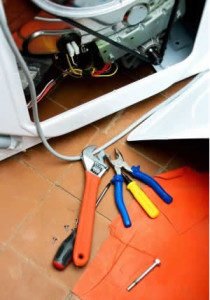 Well, that’s quite a bit too take on board as you survey a flood in the kitchen or look at a ruined dinner party meal because your cooker failed. But if you clean up the flood and book dinner at a restaurant, you can buy the time you need to have a think, do a bit of research and get some repair quotes.
Well, that’s quite a bit too take on board as you survey a flood in the kitchen or look at a ruined dinner party meal because your cooker failed. But if you clean up the flood and book dinner at a restaurant, you can buy the time you need to have a think, do a bit of research and get some repair quotes.
Making the right decision may not actually help with the financial pain of replacing appliances, nor ease the inconvenience of cleaning up or making alternative plans – but it will pay off in the long term.
My tip here is to ask around friends, relatives, and neighbors for recommended repair companies and repair people (don’t assume male, the last plumber we had in was a stunningly lovely lady who wielded a mean wrench – she really knew her stuff). If you compile a list now, when you need it you have a go-to number and a good chance of good honest service.
Kitchen Appliances That Repair Or Replace
1. Refrigerator
Deciding whether to repair or replace a refrigerator depends on several factors. It includes the unit’s age, the cost of repairs, and the efficiency of the appliance. If the refrigerator is less than 10 years old and the cost of repairs is relatively low compared to the cost of a new unit. It may be more cost-effective to repair it.
On the other hand, if the refrigerator is more than 10 years old and requires frequent repairs, replacing it with a newer, more energy-efficient model may be more economical in the long run. Additionally, if the cost of repairs is high. It may be more reasonable to replace the unit rather than invest in repairs. Ultimately, the decision to repair or replace a refrigerator should be based on an assessment of the appliance’s costs, efficiency, and overall condition.
2. Oven
You should consider several factors when faced with the decision to repair or replace an oven. First, consider the age of the oven. If it is over 10-15 years old, it may be more cost-effective to replace it rather than repair it. Secondly, evaluate the cost of the repair. If the repair cost is more than 50% of the cost of a new oven. It may be more practical to replace it.
Additionally, if the oven frequently breaks down and requires repairs. It may be a better option to replace it. It is also important to consider the availability of parts for repair. If the parts are no longer available or are difficult to find, replacing the oven may be the best option. Lastly, consider the energy efficiency of the oven. If your old oven is not energy efficient, replacing it with a newer model may result in lower energy bills and a more friendly option.
3. Dishwasher
When deciding to repair or replace a dishwasher, consider the following factors: age of the appliance, frequency, and type of breakdowns, cost of repair, and efficiency. If the dishwasher is more than 8 years old and constantly breaking down, it may be more cost-effective to replace it with a new, more efficient model. If the appliance is still relatively new and the repair cost is relatively low, repairing it may be the best option. However, replacing the dishwasher with a new energy-efficient model may lead to long-term energy savings if the dishwasher is outdated and inefficient. Additionally, consider the severity of the breakdown. If the dishwasher is not washing dishes effectively, it may be time for a replacement. Ultimately, weigh the costs and benefits to make the most informed decision.
4. Slow Cooker
When it comes to a slow cooker, it is often easier to repair than replace. These are often fixable issues if your slow cooker is not heating properly or the pot is damaged. However, if the heating element has failed or the interior of the slow cooker is discolored and warped, it may be time to replace the appliance.
Additionally, if the appliance is several years old and you find yourself using it less and less. It may make sense to invest in a newer, more efficient model. Ultimately, the decision to repair or replace a slow cooker depends on the specific problem, the age of the appliance, and how often it is used. Suppose the repair cost is significantly higher than the cost of a new slow cooker. It may be more economical to purchase a new appliance.
5. Blender
There are several factors to consider when repairing or replacing a blender. If the blender is relatively new and the cost of repairs is relatively low compared to the cost of a new blender, then repairing it may be the better option. However, if the blender is old and the cost of repairs is high. It may be more economical to simply replace it. Additionally, if the blender has multiple problems and repairs are frequent, it may be more practical to just replace it. Other factors to consider include the extent of the damage, the brand and model of the blender, and how often it is used. Ultimately, the decision should be based on a cost-benefit analysis and how much use you expect to get out of the blender in the future.
6. Toaster
When considering repairing or replacing a toaster, there are a few things that you keep in mind. If the toaster is relatively new and still under warranty. It is best to contact the manufacturer for repairs or replacement. If the toaster is old and its repair will cost more than a new one, it is more cost-effective to replace it. Additionally, if the toaster has a major malfunction, such as a failed heating element or an electrical short. It may be safer to replace it rather than attempt a repair. In general, a toaster that is working well and consistently making a toast to your desired level of doneness can be kept and repaired if necessary. It is always a good idea to weigh the cost of the repair against the cost of a new toaster before making a decision.
7. Coffee Maker
A coffee maker is a staple in many households, and its lifespan depends on various factors. It depends on the factors like frequency of usage, the type of machine, and maintenance. A well-maintained coffee maker can last for several years. However, if it starts to exhibit problems like producing weak or bitter coffee, or takes longer to brew, it may be time to consider a repair or replacement. In general, minor repairs such as cleaning or replacing a faulty part can extend the life of a coffee maker. If it is an old model with multiple broken parts, or if the cost of repair exceeds 50% of the cost of a new machine, it may be more cost-effective to replace it. Additionally, if the coffee maker is no longer functioning efficiently and consistently, it may be time to consider a replacement.
8. Rice Cooker
Whether to repair or replace a rice cooker depends on several factors, like the appliance’s age, the damage’s extent, and the repair cost versus the cost of a new rice cooker. Generally, if the rice cooker is relatively new and the damage is minor, it may be worth repairing. However, if the appliance is old, the damage is extensive, or the cost of repair is close to the price of a new rice cooker, it may be more practical to replace it. It is always the best idea to consult a professional or the manufacturer’s warranty and guidelines before making a decision.
9. Food Processor
Whether to repair or replace a food processor depends on the extent and cost of the necessary repairs, as well as the age and overall condition of the appliance. If the repairs are minor and inexpensive, such as replacing a blade or a worn-out seal. It may be more cost-effective to repair the food processor. However, if the repairs are major and expensive, or the appliance is old and showing signs of wear and tear. It may be more practical to replace it with a new model. Additionally, if the food processor is no longer meeting your needs in terms of capacity or functionality, or if you simply want to upgrade to a newer model, replacement may be the best option.
10. Grill
Whether to repair or replace a grill depends on the extent of the damage, the age of the grill, and the cost of the repair. If the damage is minor and the grill is relatively new. It’s usually more cost-effective to repair it. However, if the damage is extensive, the grill is old and has other issues, or the cost of the repair is close to the price of a new grill. It’s usually better to replace it. Additionally, if the grill has safety issues or is no longer functioning properly. It’s important to replace it to prevent accidents or further damage.
Factors To Consider When Repairing Or Replacing A Kitchen Appliance
When a kitchen appliance breaks down, homeowners are often faced with the decision to repair or replace it. This can be a challenging decision to make, as both options have their advantages and disadvantages. In this article, we’ll discuss the factors to consider in whether to repair or replace a kitchen appliance in more detail.
Age of the appliance
One of the essential factors to consider in whether to repair or replace a kitchen appliance is the age of the appliance. If an appliance is more than ten years old, it may be more cost-effective to replace it rather than repair it. This is because older appliances are more likely to break down and may require more frequent repairs. Additionally, older appliances may not be as energy-efficient as newer models, which can result in higher energy bills over time.
However, if the appliance is relatively new (less than five years old) and has only experienced minor issues, it may be more cost-effective to repair it. In this case, the appliance likely has many years of useful life left. The repair will allow it to continue functioning properly.
Cost of repair vs cost of replacement
Another essential factor to consider when deciding whether to repair or replace a kitchen appliance is the cost of repair vs cost of replacement. In some cases, repairing an appliance can be more expensive than replacing it. Especially if the repair requires expensive parts or the repair is complex.
For example, if the cost to repair a refrigerator is more than half of the cost to replace it. It may make more sense to replace the appliance rather than repair it. On the other hand, if the cost to repair the appliance is relatively low and the appliance has many years of useful life left, it may be more cost-effective to repair it rather than replace it.
Frequency of breakdowns
If an appliance has a history of frequent breakdowns. It may be time to replace it rather than continue to repair it. Frequent breakdowns can indicate that the appliance is reaching the end of its useful life. It may continue to experience issues in the future.
Additionally, frequent repairs can be expensive and time-consuming, which can be inconvenient for homeowners. In this case, it may be more cost-effective to replace the appliance, rather than continue to pay for repairs.
Availability of replacement parts
When deciding to repair or replace a kitchen appliance. It is important to consider the availability of replacement parts. If replacement parts are no longer available for the appliance, it may be more cost-effective to replace it rather than attempt to repair it.
Additionally, if replacement parts are difficult to find or expensive, it may be more cost-effective to replace the appliance rather than attempting to repair it. In this case, the cost of the repair may be higher than the cost of replacing the appliance. It can make replacing the appliance a more attractive option.
The energy efficiency of the appliance
The energy efficiency of the appliance is another essential factor to consider when deciding to repair or replace it. Older appliances are typically less energy-efficient than newer models, which can result in higher energy bills over time.
If the appliance is more than 10 years old, it may be more cost-effective to replace it with a newer, more energy-efficient model. Newer appliances are designed to use less energy, which can result in significant savings on energy bills over time.
Current condition and overall performance of the appliance
The current condition and overall performance of the appliance is other important factor to consider when deciding whether to repair or replace it. If the appliance is in good condition and has been well-maintained, it may be more cost-effective to repair it rather than replace it.
FAQ’s
Q1. How long should my kitchen appliances last?
The lifespan of a kitchen appliance varies depending on the type of appliance and how often it’s used. Generally, a refrigerator should last between 10-15 years. While a dishwasher should last between 7-12 years.
Q2. Should I repair or replace a kitchen appliance if it’s still under warranty?
If your kitchen appliance is still under warranty, it’s best to check the terms and conditions of the warranty to see if the repair or replacement is covered.
Q3. Should I repair or replace a kitchen appliance if it’s a safety hazard?
If your kitchen appliance poses a safety hazard, it’s best to replace it immediately. Repairing it might not be enough to eliminate the risk.
Q4. What are some signs that my kitchen appliance needs repair?
Some signs that your kitchen appliance needs repair include strange noises, leaks, poor performance, and unusual odors.
Q5. What are some signs that my kitchen appliance needs to be replaced?
Some signs that your kitchen appliance needs to be replaced include frequent breakdowns, high energy bills, and outdated technology.
Q6. Should I repair or replace a kitchen appliance if it’s not working as well as it used to?
If your kitchen appliance is not working as well as it used to, it might be time for a repair. However, if it’s an older appliance, it might be more cost-effective to replace it.
Conclusion
In conclusion, deciding whether to repair or replace a kitchen appliance depends on various factors, such as the appliance’s age, cost of repair, and frequency of breakdowns. It is essential to assess each situation on a case-by-case basis, considering the appliance’s performance, maintenance history, and repair costs. However, as a general rule, replacing older appliances with energy-efficient models can save money in the long run and reduce energy consumption. Ultimately, deciding to repair or replace a kitchen appliance comes down to balancing cost, performance, and sustainability.









